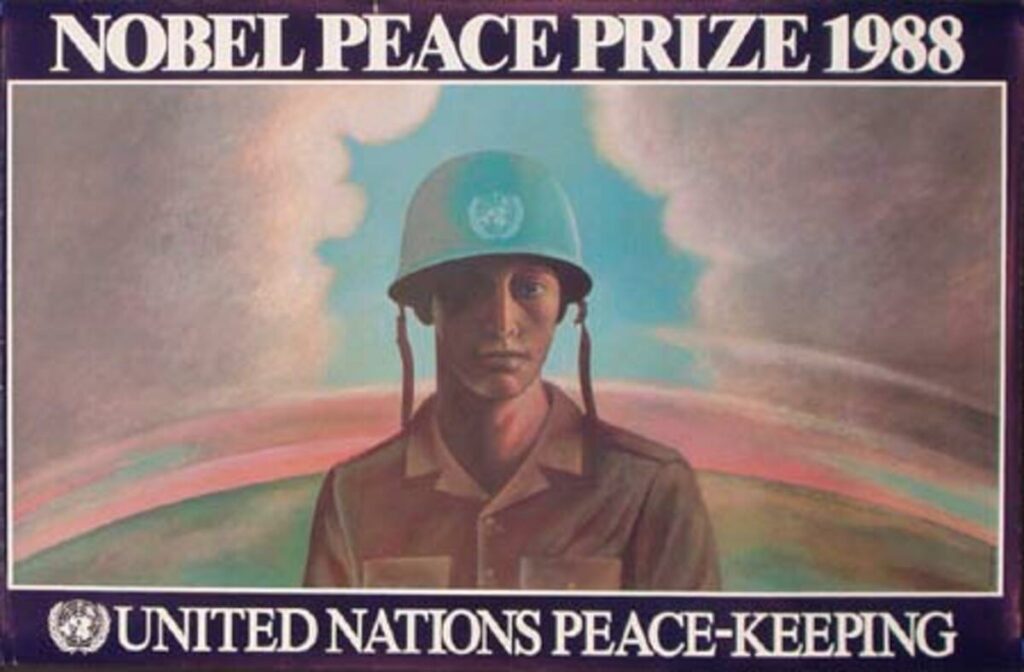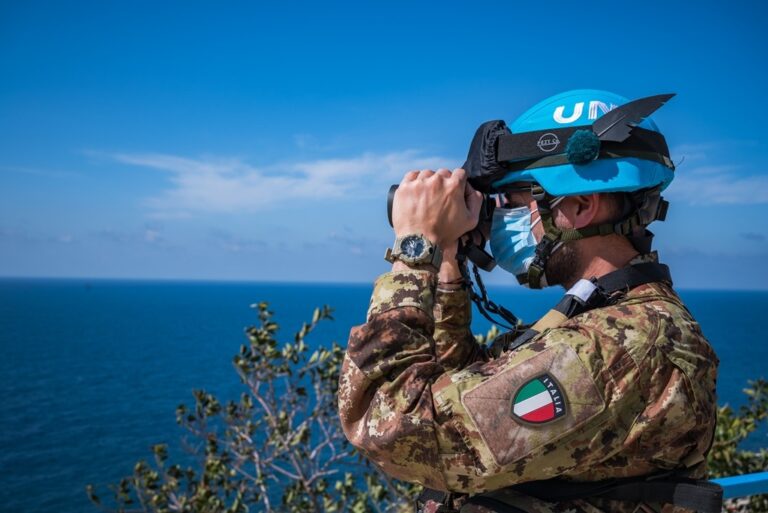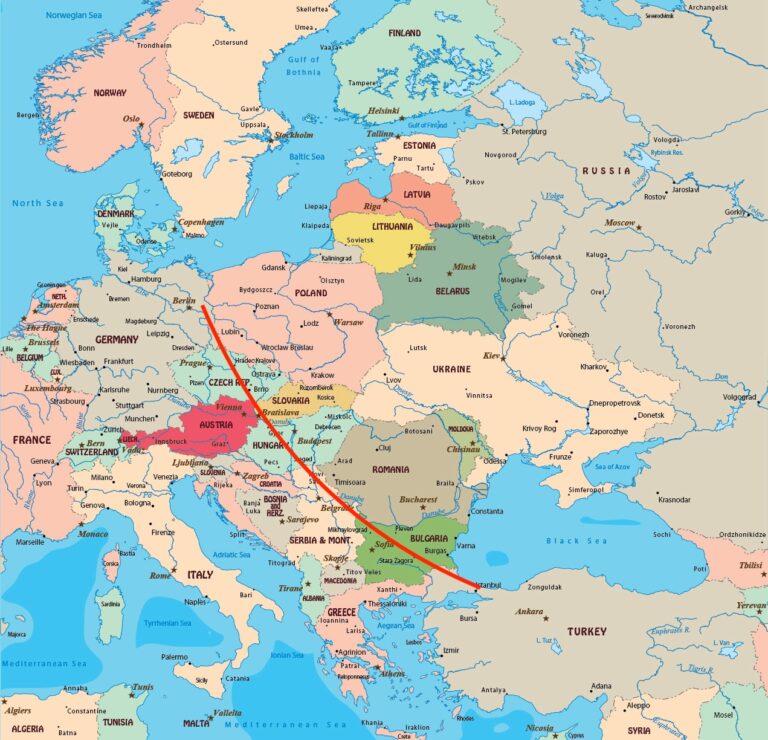by Andrea Tucci,
In Africa, Asia, and the Middle East, UN peacekeepers, known as Blue Helmets, are present to ensure the adherence to rules meant to protect the people during armed conflicts. However, unfortunately nowadays there are no Blue Helmets in Ukraine or in the Gaza Strip.
The primary goal of UN peacekeeping missions is to maintain peace and security in conflict or post-conflict zones and to help restore political and civil normalcy in a given territory or country.
Sometimes, Blue Helmets are deployed in international crisis situations at the request of one of the parties involved, but only after a decision by the UN Security Council.
Last year marked the 75th anniversary of the first UN peacekeeping operation. Their duties mainly include: monitoring ceasefires, protecting civilians, providing humanitarian assistance, and supporting local institutions in restoring public order and also , the respect of the human rights, disarm militias, and combat terrorism. Moreover, UN peacekeeping forces can be involved in managing elections, disarming militias, and supporting reconstruction operations.
For their achievements, they were awarded the Nobel Peace Prize in 1988—a remarkable decision given that they are for sure a military force.

According to UN data analyzed there are dozens of ongoing missions involving nearly 87,000 Blue Helmets in about a 100 countries. Over 50,000 are deployed in operations in Africa :in the Democratic Republic of Congo, South Sudan, Mali, the Central African Republic, and Somalia, with tens of thousands more involved in regionally-led missions in Asia or the Middle East.
Yet, there are no Blue Helmets in Ukraine or Gaza.
The point is that peacekeeping forces can only be deployed with the consent of the parties in conflict. This consent can be extremely difficult to obtain. Often, governments and political groups are reluctant to allow third parties to observe and expose the darker aspects of their conduct in war, conduct that rarely complies with the rules of international humanitarian law…..
For sure, UN peacekeeping operations must also be authorized by the Security Council, the main UN body for international peace and security. This requires a favorable vote from the fifteen members and must not be vetoed by any of the five permanent members (China, France, Russia, the United Kingdom, and the United States).
The situations in both Ukraine and Gaza demonstrate that it’s impossible to achieve unanimity therefore with the fundamental approval of Russia and USA, both directly involved in these conflicts.
Blu helmets Objectives can include, among other things, monitoring violence, disarming and reintegrating combatants into society, overseeing elections, establishing judicial systems, and facilitating reconciliation processes. Regarding the situations in Ukraine and Gaza, it would certainly be difficult to reach an agreement on defining the Blue Helmets’ mandate.
Only after receiving the approval from the Security Council can the General Assembly, it will be possible decide on the mission’s funding. The burden of peacekeeping operations is shared among all UN member states. However, some countries primarily contribute financially, covering part of the costs, while others provide military and police personnel. Since 2022, the main financial contributors have been the United States, China, Japan, and Germany.
All peacekeeping operations are based on three fundamental principles: the consent of the parties involved in the conflict, complete impartiality, and the non-use of force except for self-defense and defense of the mandate.
This means that since the UN does not have a permanent peacekeeping force and its own budget, contrary each time funds must be allocated to deploy the Blue Helmets.
Former UN Secretary-General Kofi Annan once compared UN peacekeeping actions to “the only fire brigade in the world that has to wait for the fire to break out before it can buy a fire engine.”
But in some cases, like the conflicts in Ukraine and Gaza, it seems that no one wants to put out the fire. And even less so to risk letting everyone know who started it.
Unfortunately nowadays is clear there are some countries who do not want PEACE but instead they prefer WAR.



